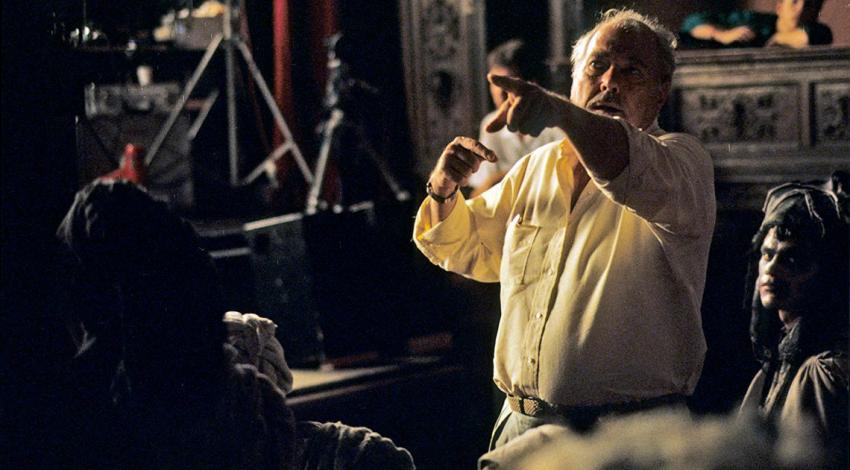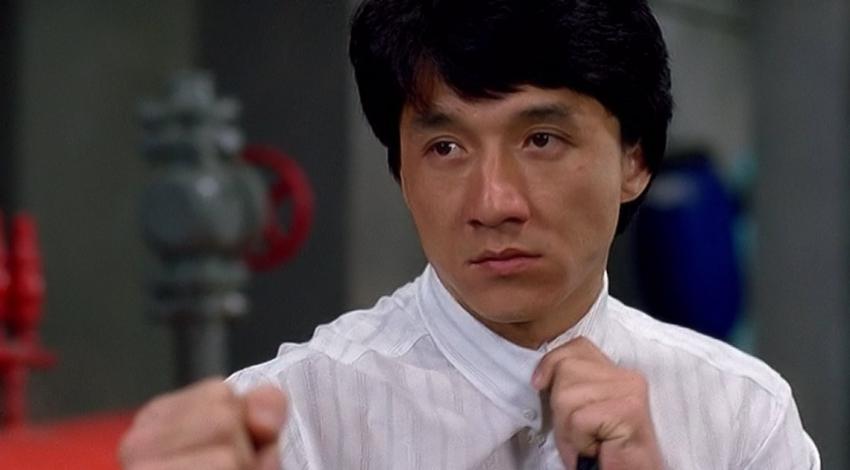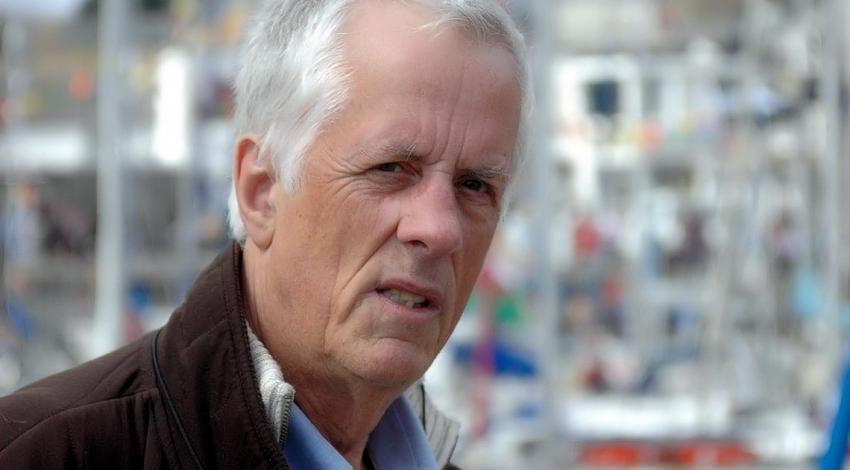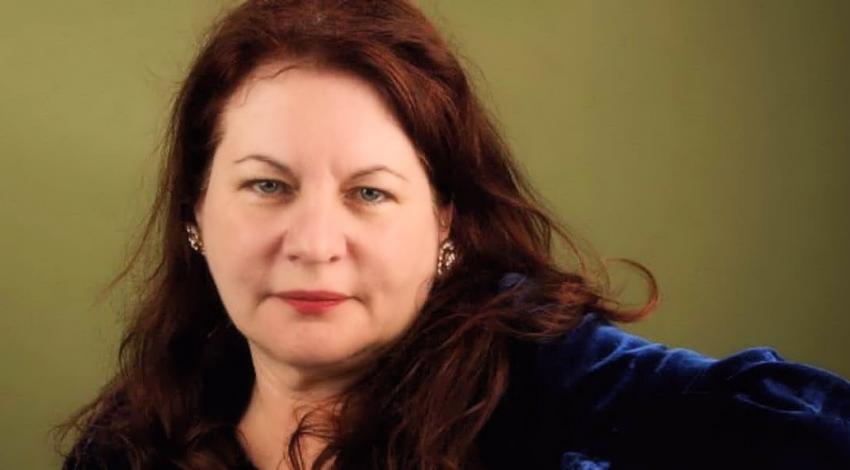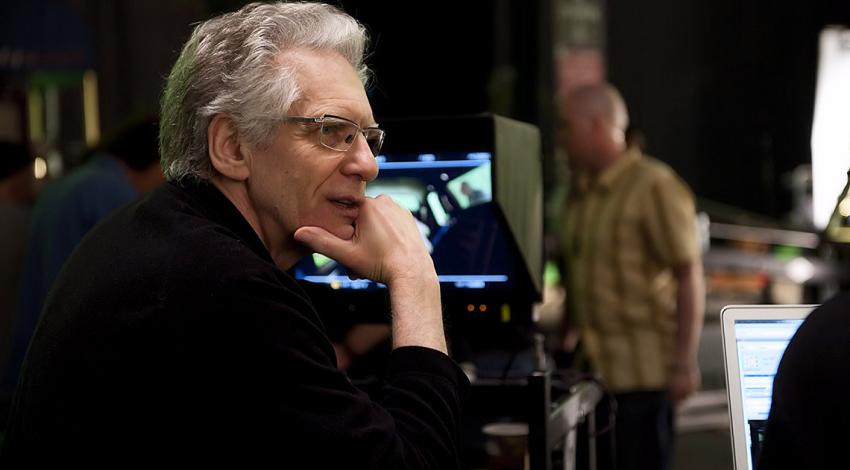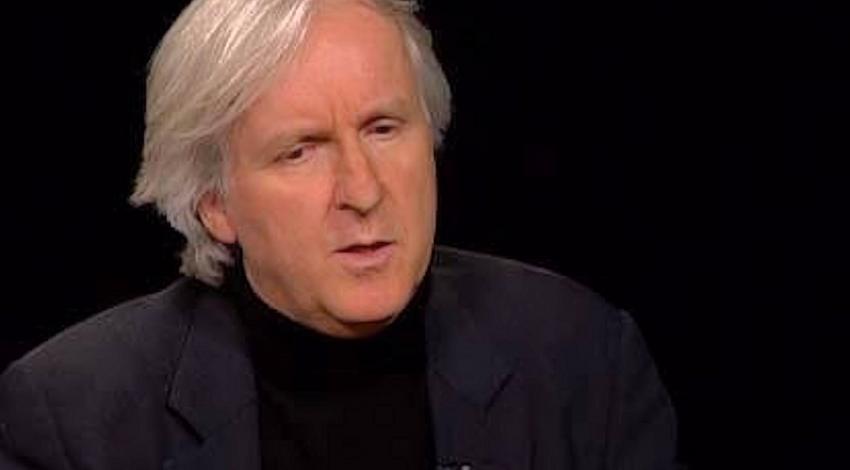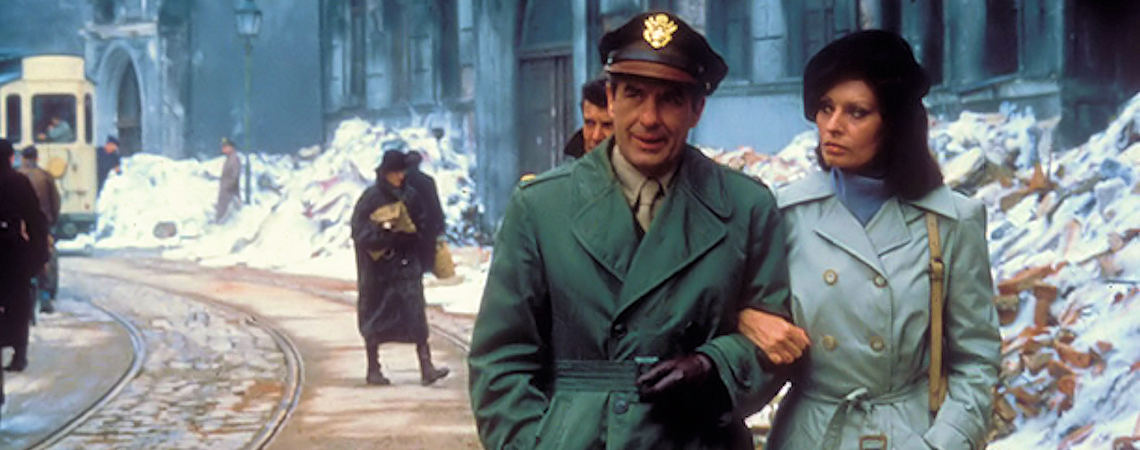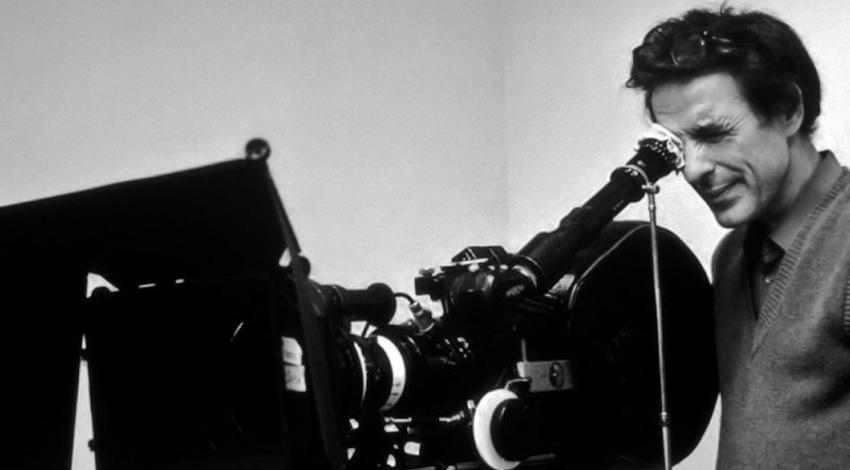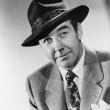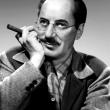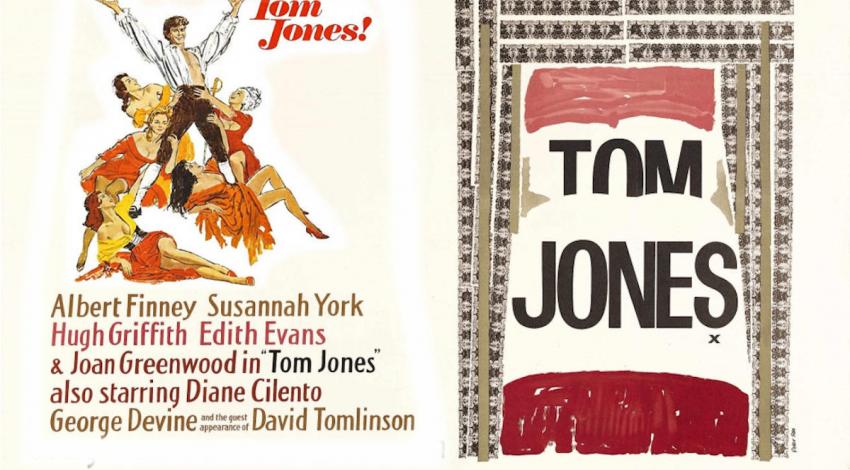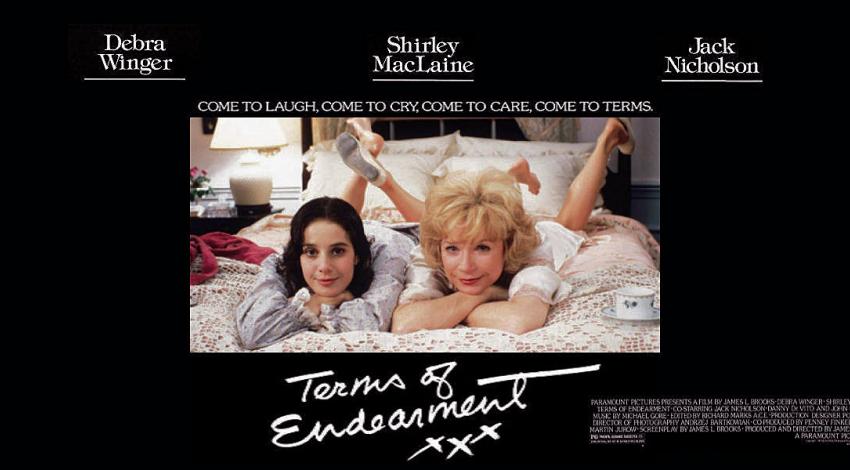John Cassavetes - In Quotations
by Unknown
Cassavetes was nominated for three separate Academy Awards: Best Supporting Actor for "The Dirty Dozen" in 1967, Best Original Screenplay for "Faces" (1968) and Best Director for "A Woman Under the Influence" in 1974, which starred his wife Gena Rowlands ("Best Actress" nomination), with whom he collaborated on many of his films!
We are unsure where this collection of John Cassevetes quotes came from, however as students of film and admirers of Hollywood's past, we reprint them here for your enjoyment!.
John Cassavetes | Director, Writer, Actor
quote-leftI like to act in films, I like to shoot 'em, I like to direct 'em, I like to be around 'em. I like the feel of it and it's something I respect. It doesn't make any difference whether it's a crappy film or a good film. Anyone who can make a film, I already love. But I feel sorry if they don't put any thought in it because then they missed the boat. "
quote-leftI've always been able to work with anybody that doesn't want success. Jazz musicians don't want success... They have these little tin weapons - they don't shoot. They don't go anywhere. The jazz musician doesn't deal with the structured life - he just wants that night , like a kid. "
quote-leftIt's not really interesting to me, at least, to set up a camera angle. At some points in the filming you really want to take the camera and break it for no reason except that it's just an interference and you don't know what to do with it. It's like putting the top on a can that is bent. You can't really do anything with it. The most difficult part of working on a film like Husbands is that the opinions of the crew really affect the people in front of the screen, and sometimes they don't see anything happening. They get despondent. You can feel them loosen up. You can feel you're losing the thing. "
quote-leftMost people don't know what they want or feel. And for everyone, myself included, It's very difficult to say what you mean when what you mean is painful. The most difficult thing in the world is to reveal yourself, to express what you have to... As an artist, I feel that we must try many things - but above all, we must dare to fail. You must have the courage to be bad - to be willing to risk everything to really express it all. "
quote-leftFilms today show only a dream world and have lost touch with the way people really are... In this country, people die at 21. They die emotionally at 21, maybe younger... My responsibility as an artist is to help people get past 21... The films are a roadmap through emotional and intellectual terrain that provides a solution on how to save pain"
quote-leftLet's let people laugh at what they want to laugh at. Why shouldn't they laugh?... Listen. I've had people close to me die, and I giggled. No one is going to tell me about it. You can't tell me how I feel. You can't tell that... It's healthy to laugh at somebody. Do you know why people don't laugh at people? Because they are too high and mighty to laugh, because if you laugh at somebody, you know you're going to have to be connected with them. You know that you are going to have to put some time in with them. You know that you are going to truly like those people. The truth of the matter is that nobody can afford to laugh at anybody. That's why some fucking psychologist comes along and says, 'Don't laugh at him.' When friends get together they laugh at each other. When enemies get together, no chance baby. No laughter"
quote-leftWhen I'm told that our films are painful, I think, oh God, I know real pain. We soften our pictures so tremendously. We make them almost romantic fantasies, and just barely touch on these things in a more idealistic way than other people do. "
quote-leftYou don't think out certain things, but after a while, you begin to shorthand, like breaking down a board. You do know what you want to shoot, and you do break it down greatly. But I've never seen a scene that looks the same once you get there. No matter what location you scout, it just seems so hopeless. "
quote-leftIf you are interested in films in this country, you want to be a director. It's like in music. You really would like to write your own stuff if you could. I think film and music are very close, since what you are putting down is really more important than just interpreting somebody else's material. But I think now there just isn't enough regard or interest in the beauty of the technical work interrelated with an overall story. I think that everybody learns how to take a camera apart, how to reset it, how to load it, and how to put in your sound sync. But what is the relation, what is the technical responsibility of the cameraman, of the focus-puller, of the various members of the crew making a picture in the overall sense? Directors don't really get along with a crew, because usually a crew isn't involved, unless it's the way you work where you're working with people. I walk in as a director and meet my cameraman to see whether to put shiny walls over there. At what point can I have some kind of rapport with the operator?"
quote-leftWhen we were putting together Shadows, we said, 'Sure, we'll make a movie.' We had this loft, and they started to build sets and everything, and I went on a radio show, and I said, 'Wouldn't it be terrific if just people could make movies instead of all these Hollywood bigwigs who are only interested in business and how much the picture was going to gross and everything?' The next day, two thousand dollars in dollar bills came in. Not only that, Shirley Clarke, who was working in those days as one of the few independent filmmakers, had the only equipment in town, so she brought it down and said, 'Go ahead, take it, I'm not doing anything for six months. Take the equipment.' So we had the equipment, and one girl came in with a moustache, and she really looked like an ogre. She was enormous, maybe four hundred fifty pounds. Stringy hair and a print dress. As soon as she saw me she said, 'I listened to your program last night,' and she got down on her knees, and I said, 'What are you doing? This is shocking; stop this.' She said, 'What can I do? I'll do anything.' I said, 'Don't do that, whatever you do.' I said, 'Grab a broom, sweep up this joint.' So over a period of three years we worked on this film, Shadows. And none of us knew what to do; I mean we didn't know anything about filmmaking at all. I had made movies, but I was only interested in myself. I didn't care where the camera was. All I heard was, 'Roll them, action, print that,' so I would say, 'Print that.' There was no one to write that down. So when we got through with this film, I had about five or seven thousand dollars in it. I said, 'That's enough...' It cost forty thousand by the time we were through. Tremendously hard work, but it was thoroughly enjoyable, and we made every mistake that you think is possible to make until the second picture. But, you know, 'Print it.' So when it was finished, we didn;'t have enough money to print the sound, and it was improvised; the whole picture was improvised, there was no dialogue, so every take was different. Se we looked at it and said, 'What the hell are we going to print here? I don't know what they're saying. It looks terrific, everything's in focus, the exposure's all right, it's beautiful - we'll lay in the lines.' Anyway, I thought, live sound is everything, we have to print that sound. So we had a couple of secretaries who used to come up all the time and do transcripts for us, but they volunteered their services. They had nothing to do; we had all silent film. So we went to the deaf-mute place and we got lip-readers. They read everything and it took us about a year. We had a wonderful time, though. We knew a liquor store down the street. We were drunk all the time, happy. It was a hapy experience. It took us three years to put the film together. "
quote-leftWe had the worst sound track in the world on Shadows because we were in a dance studio, and people were above us, below us, the traffic and noise and I didn't know. 'How's the sound?' 'Great.' So I really think that we innovated in that sense, we innovated through an absolute accident. We spent maybe two months on the dubbing, two months trying to get the sound right. We couldn't get the noises out, so that's the way the film came out, and thereafter the commercials picked that up, and thereafter other filmmakers started to make films that way. For us, it was a terrible trial, but when we were in England, they said, 'What a great sound track; you could finally hear life, you could finally hear other things going on.'"
quote-leftOn Shadows, the whole experience of getting people to do things was incredible. I didn't know what I was doing, really. None of us knew what we were doing. When lighting a scene, we didn't know what we were doing. We even did the music. I asked Charlie Mingus. I said, 'Charlie, would you like to do this?' 'Yeah, what is it?' 'A film.' Charlie said he'd do it for nothing. He worked six months on the music and he wrote a minute and a half's worth of music. I don' tknow that that's wrong. He said, 'Listen, man, would you do me a favor? You have got to do something for me.' 'Sure, sure,' I say. 'Listen, I've got all these cats that are shitting all over the floor. Can you have a cople of your people come up and clean the cat shit? I can't work; they shit all over my music.' Se went up with the scrubbing brushes and cleaned up the thing. Now he says, 'I can't work in this place. It's so clean. I've got to wait for the cats to shit.' Finally we get it together to record. So, double session, three hours, double session with the projectionist sitting there and I'm watching. He's got fourteen seconds' worth of music. Everybody's saying, 'Why don't you just tell Charlie to improvise?' All the advice then starts. So then he's got to improvise and he loves to sing and he started to sing and he played. He made everyone switch their instruments. So I said to Charlie, 'Charlie, Charlie, it was great; it really sounded great. Everything sounds great. The noise comes out; it really sounds great. It's perfect for the picture.' He says, 'Man, I got to work six more months.' He went away. "
quote-leftI have the confidence that I can take anybody and have them give a good performance, because I don't think there's anything to acting except expressing, being able to converse. The mistakes that you make in your own life, in your own personality, are assets on the film. So if I can just convince somebody not to clean themselves up, and not to be someone that they're not, and just be what they are in given circumstances, that's all that acting is to me, and I don't think it's very difficult. Only when the lines go against you, it's impossible for you to say them. Or that the character's inconsistent. Or that it's an impossible circumstance where everyone's so hostile that you don't feel like acting. "
quote-leftIt just seems impractical to me to say, 'You're a husband, this is what you are, and you're a simp, and you wear glasses, and you sit down in a certain way.' All he really is doing is parodying what I want him to do, you know. But I'd rather take a good actor and say, 'How do you feel about this? What do you feel?' Study his speech patterns and study the way he works and how he really feels about it, and then start to write off of that. Sometime it works and sometimes it doesn't. "
quote-leftFirst you form a relationship with the actors, an alliance, that you're working together. And then you can beat them or hit them or be nice or they can be nice to you. Because they respect you. And you respect them. I find it unnecessary to say, 'You stunk, you were terrible in that take,' and I don't find that very creative. You say, 'Look, here's a guy and he's going to run away,' and you bring them into the story. And then you write off of that. "
quote-leftI think if you are an actor, first of all, you are set aside from a director. You basically don't like directors, but the director shouldn't worry about that. That's number one. Any director who worries about whether or not an actor likes him is crazy, because it's never going to happen. It will happen as the result of being finished, seeing the work, and then if he has time, he'll say, 'O.K.' Half of the problems that a director has is he's not only trying to adjust to the actors, but to the technicians, to the front office, and to the financial problems that are existent. He doesn't address himself to the problem of what it is he's trying to say. I don't think it really has anything to do with liking somebody. I've liked directors that I thought were terrible. You can go out and have drinks with them, and they are really nice guys. You feel sorry for them because they don't have more talent. You hope they can work more, because their livelihoood depends on it. I think a guy like Roman Polanski is enormously talented as a director. Even if I didn't like him personally, I'd like to work with him. If there was some way to work with a guy and not like him personally, then I'd work with him anytime. "
quote-leftThere's a difference between ad-libbing and improvising. And there'a a difference between not knowing what to do and just saying something. Or making choices as an actor. As a writer also, as a person who's making a film, as a cameraman, everything is a choice. And it seems to me I don't really have to direct anyone or write down that somebody's getting drunk; all I have to do is say that there's a bottle there and put a bottle there and then they're going to get drunk. I don't want to tell them how they're going to get drunk. I don't want to tell them how they're going to get drunk, or what they would do, and I don't want to restrict them in being able to carry out a beat, to fulfill an action. You can't say somebody's drunk, or in love. "
quote-leftIt doesn't matter if the words are written, because improvisation has been going on in films by everybody. There's nobody that doesn't improvise to some degree. So it just depends on what degree you need. "
quote-leftAs the director of Husbands, I went under the assumption that sooner or later Peter Falk would know what he was doing, and sooner or later Ben Gazzara would know what he was doing, and we'd wait it out until we did know what we were doing. Then, that would be close to what the characters would want to express, for whatever reasons. I was shocked by Peter's choices. I mean, it really surprised me that he would go off in a certain direction. What happens is, everything is strength. How much strength do you have? Before you get to improvise on any kind of level, we would have to know that no matter what we did, we would be O.K. We had to know the material that well. We could improvise the rehearsal and come out great. We all have the instinct that if we got in front of the camera that that kind of delicate imrpovisation without any theatricality would lose some of its ease. All of a sudden there would be cameras, cables, guys around, people saying, 'We can't move this thing over there,' and suddenly the actors would receive very little importance. And you start to fight to preserve what you have and you start pushing, and all of a sudden, it's gone. What had been terribly concentrated in rehearsals would dissipate. So I found that by writing scenes that we might never use, and writing them again and again and again, that everything that we had written and improvised was, therefore, in our minds, used and usable. We had investigated, then studied it. We knew what we were capable of saying to each other and doing with each other, so we got to the point where we could just give any kind of improvisations. "
quote-leftI don't shoot any angles going back and forth. Almost everything is shot from the same place, from the same perspective, so that...it's very important to me that the cameraman has feeling, and can move with the figures as he feels it, rather than me saying, 'Oh, we missed that.'"
quote-leftI wouldn't tell Vic Kemper where to put the camera. Just get together with him and say, 'Feel what you feel.' All the long lens shots were Vic's, and there was one stationary shot in the whole scene. He's the only cameraman I know who hand-holds with an Elemack dolly. He just walks around with it, pushes the cameraman, and has a terrific focus-puller that he has worked with for a long time. They talk to each other, back and forth. He sets up his moves. You could watch the camera moving, and you knew that it was going to be very good because he just has great feeling. So I would never worry about him. "
quote-leftI'm not a cameraman. But you generally light. Just take a lot of time to fill in. I mean, people see what's going to happen, really, bascially. If this is the room, we're shooting this way, the camera's here. So you encompass all of it. I mean, you couldn't possibly work with the lights that are surrounding somebody and say, 'Now, improvise, oh Jeez, you're in the shadow.' You couldn't possibly do that, so the lighting would have to be much more general. But the soft lighting seems to work very well for improvisation, because it's a general light anyway. "
quote-leftYou con people and you lie to them. You try to keep a little part of yourself when somebody says to you: 'You figure it's the greatest picture ever made?' You try to keep a little part of yourself alive. It's the same thing if you are a cameraman behind the camera with a director who is uptight. They know the guy's uptight. What can they do about it? Can they say, 'Look, you're uptight. Relax?' They are going to have to live with it afterwards. They will go out and have a drink, go home, argue with their wives and be unhappy. There doesn't seem to be any solution within that tradional framework whereby people could say, 'I am going into the movie distribution business for money,' while we approach it behind the scenes as an art. We can't. "
* © 1958 - Warner Bros.

